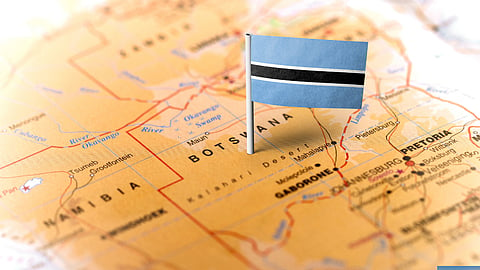Diamond market crash sparks historic power shift as Botswana elects first opposition president
Botswana, long seen as a model of democratic stability in Africa, has witnessed a seismic shift in its political landscape following a dramatic election upset. For the first time since independence, the Botswana Democratic Party (BDP) has lost its majority, with the opposition Umbrella for Democratic Change (UDC), led by human rights lawyer Duma Boko, winning control of parliament. The election outcome reflects widespread public frustration over the nation's economic downturn, fueled by a collapse in global diamond markets, high unemployment, and increasing crime and corruption. As Botswana's new president, Boko has vowed to revitalize the economy, create jobs, and renegotiate key deals in the diamond sector, signalling a new era for the diamond-rich nation.
Sign up for your early morning brew of the BizNews Insider to keep you up to speed with the content that matters. The newsletter will land in your inbox at 5:30am weekdays. Register here.
By Mbongeni Mguni
___STEADY_PAYWALL___

